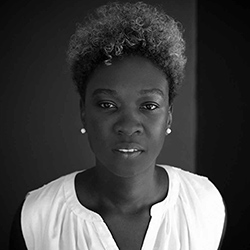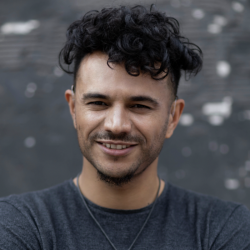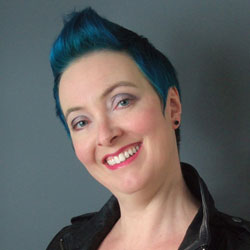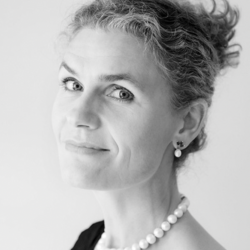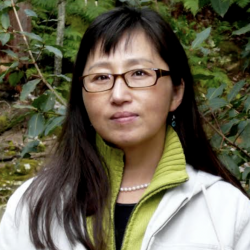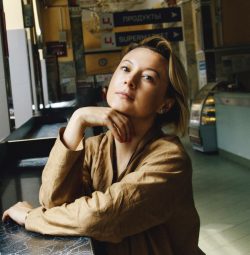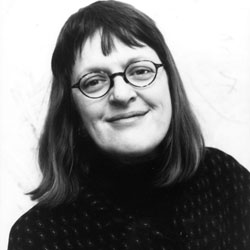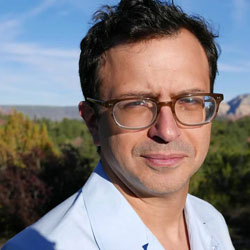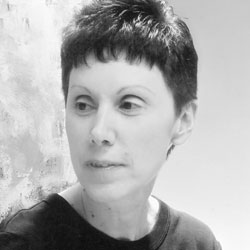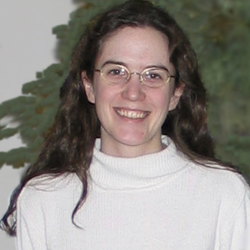They beat me even though I did nothing
I don’t know what day it was
But they beat me on the beach
They beat me with iron paws
The mayor ordered the police superintendent to beat me
The police superintendent ordered an officer to beat me
The officer ordered his dogs to attack me
Then someone beat me with iron paws
Then someone kicked me with iron boots
Then someone shot me
Then someone buried me in the sand
Then someone scooped me out of the sand and dumped me
somewhere
And I was dead
But I could feel the sand on my body
I could feel the sand filling my mouth
I could feel the sand in my eyes
There was an earthquake in my eyes
There was a tornado in my mouth
But after the storms passed it was peaceful and I was dead
And they beat me even though I did nothing
They said I was illegal
They said I was an immigrant
They said I was an illegal immigrant who roamed the streets in a gang
They said I raped people
They said I killed people
They said I smuggled drugs in my gastrointestinal tract
They said I didn’t speak the right language
They said my boss exploited me and I tried to kill him
They said my boss treated me well and I tried to kill him
They said my heart was dark
They said I peddled in blood
They said this is only war and that I had the audacity to think
my body could resist the state
Let death come quickly I asked
Let death be easy
But I did not know how long it would take
I did not know I would be under the sand forever
I did not know that in Chicago the bodies do not die when they
have been strangled or riddled with bullets
A journalist asked the mayor why they killed us
I am not responsible said the mayor
There will be an inquest said the mayor
We will bring the perpetrators to justice said the mayor
He was wearing a slim fitting suit and he looked handsome as
the hurricane entered his mouth
He was wearing a slim fitting suit and he looked handsome as he
pretended he did not live in a city of state-killed cadavers
He had gel in his hair and his shoes were nicely polished
I died and I died again and a voice said something about hope
Another voice said you pay a big price for hope
I dragged myself around the sand and I tried to make it to the
water because I thought the water might carry me away but each
time I took a step closer to the water the water moved farther
from my body and there were faces in the water and they were
calling to me and I was trying to get to them
It’s what you do when you are dead
But every time I took a step toward the water the water drew
farther away
And the faces in the water were murmuring and their murmurs
grew louder and louder as I moved nearer and farther
And it is only war a voice said by way of explanation as
he photographed my dead body on the sand
And I was dead though I was still breathing when I finally made
it to the water
And in the water there was another war going on in the waves
It was only the beginning of the war that would kill me again
and again
